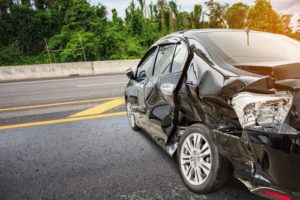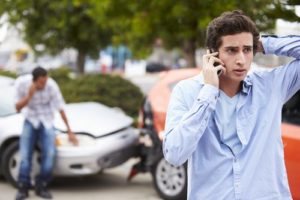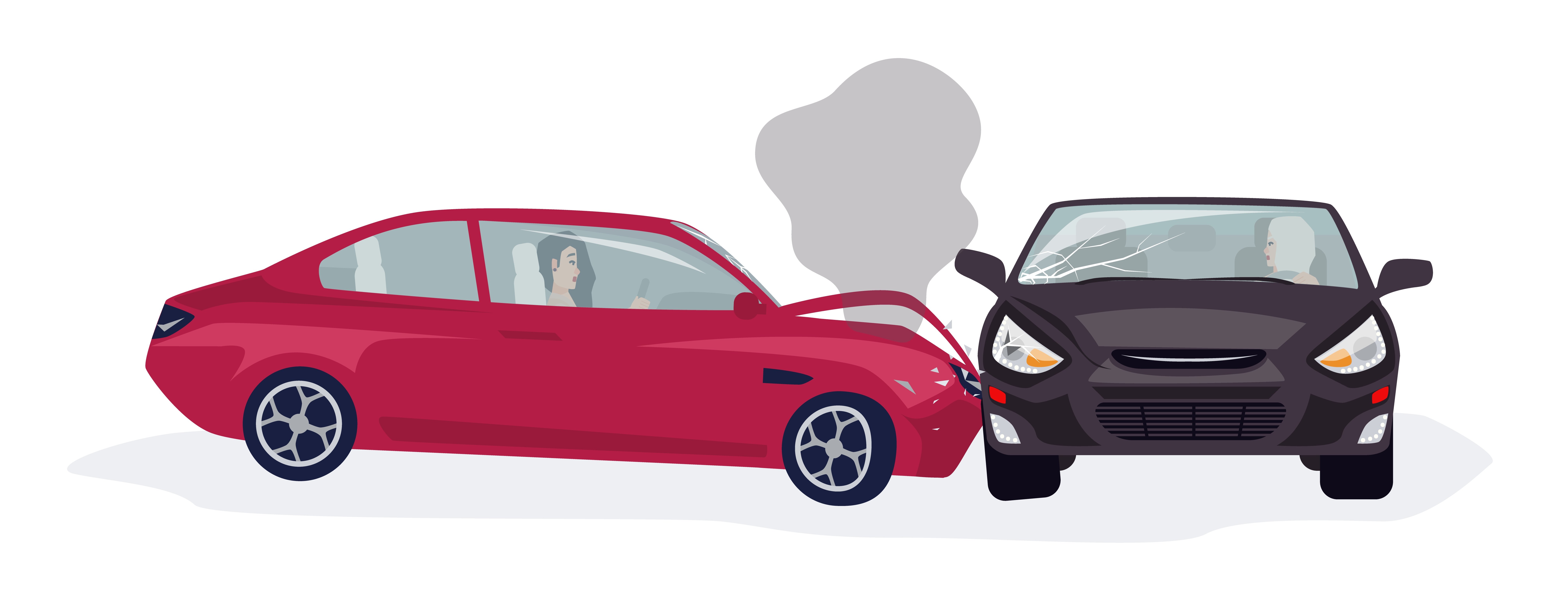
For people who need transportation but who do not want to pay for car loans, maintenance, repairs, gas, and insurance, ridesharing services offer a convenient way to get around. Customers can request a ride when they need one and not have to worry about all the expenses and hassle that come with vehicle ownership.
With so many ridesharing vehicles on the roads, accidents are bound to happen. When they do, insurance issues may be complicated. Many people, including drivers who work for ridesharing companies, are unclear about what is covered and when and who can be held liable if a crash occurs.
If you were involved in a collision while you were a passenger in a ridesharing vehicle, or if you were hit by a ridesharing car, you may have suffered serious injuries. You may have spent time in the hospital and may have to continue to undergo physical therapy or chiropractic treatments. You may be facing a growing stack of medical bills and may be unable to work. You and your family may be struggling to get by and worried about the future.
A Charlotte ridesharing accident lawyer may be able to help you pursue justice. Ben Crump Law, PLLC, has represented clients across the United States who were injured in motor vehicle crashes under a wide range of circumstances. We can figure out who was liable for the accident and explain your legal rights. Call our office today at (844) 730-0233 to discuss your case with a member of our staff.
Liability for a Collision Involving a Ridesharing Vehicle
The driver of the ridesharing car may be found liable for the crash if they violated a traffic law. For example, the driver may have been distracted by the ridesharing app or a cellphone or may have been speeding.
The driver may have run a red light to pick up a customer or get to a destination quickly or may have turned the wrong way down a one-way street in an unfamiliar area and hit another vehicle head-on.
It is possible that someone else was responsible for the crash. Another driver may have violated a traffic law and hit the driver operating the ridesharing vehicle. One of the cars involved in the accident may have had a design flaw or a manufacturing defect, a vehicle may have been poorly maintained, or a mechanic may have performed a repair incorrectly.
For a free legal consultation with a ridesharing accidents lawyer serving Charlotte, call (844) 730-0233
How Insurance Coverage Applies in a Ridesharing Accident
If a ridesharing driver was liable for the crash and you were a passenger in the vehicle at the time, or you were hit by the ridesharing vehicle, you may be able to collect compensation. The driver’s status at the time of the crash is important.
Ridesharing drivers are covered by their company’s insurance when they are logged into the app. If that was the case when the collision occurred, you might be able to seek compensation for your losses from the company’s insurance.
If the driver was not on the clock at the time of the accident, the driver’s personal insurance policy would apply. Personal auto insurance policies generally contain exclusions that bar coverage if a vehicle is used for business purposes.
Some rideshare drivers purchase endorsements to cover them while working, and a small number have commercial auto insurance policies. Many, however, do not, either because those types of coverage are expensive or because drivers do not understand the insurance rules and requirements and mistakenly believe that their personal auto insurance and the company’s insurance will provide sufficient coverage.
North Carolina General Statutes (GS) §20-280.4 specifies the minimum amount of insurance coverage a ridesharing driver must have while logged into the app but not working and the amounts of coverage the ridesharing company must provide while the driver is working. If the driver’s insurance has lapsed or does not provide appropriate coverage, the company’s insurance must cover a claim.
If you were a passenger in a ridesharing vehicle when it was struck by another car, or if your car was hit by a ridesharing vehicle, you may be able to file a claim with the ridesharing driver’s insurance or with the ridesharing company’s policy, depending on the circumstances.
If someone else, such as a vehicle manufacturer or a mechanic who made an improper repair, is found to be liable for the accident, you may be able to sue that party.
Charlotte Ridesharing Accident Lawyer Near Me (844) 730-0233
How a Charlotte Ridesharing Accident Lawyer May Be Able to Help You
The team at Ben Crump Law, PLLC, can review the police report to understand the circumstances that led to the crash. If it is not clear who was liable, we can investigate to gather more information.
We can interview you and others who were involved in the collision, as well as people who witnessed the accident. If a traffic camera, a surveillance camera at a nearby home or business, or someone’s cellphone captured video of the crash, that might help us clear up any questions and better understand what happened.
If we determine that the ridesharing driver was liable for the collision, we can figure out the driver’s status at the time. If the driver was working when the accident occurred, the ridesharing company’s insurance should cover your losses.
If the applicable insurance policy does not have high enough coverage limits to pay for all of your medical expenses, lost income, and pain and suffering, or if your claim is denied, you may be able to file a personal injury lawsuit. You have a limited amount of time to act. In North Carolina, the statute of limitations to sue for personal injuries is three years, according to GS §1-52.
Click to contact our Charlotte Car Accident Lawyers today
Seek Legal Guidance
If you were injured in a crash involving a ridesharing vehicle, figuring out who was responsible and how to pursue justice may be complicated. A Charlotte ridesharing accident lawyer may be able to help.
Ben Crump Law, PLLC, can investigate to determine who was liable for the crash, explain your options, and give you advice specific to your situation. Call our office today at (844) 730-0233.
Call or text (844) 730-0233 or complete a Free Case Evaluation form








